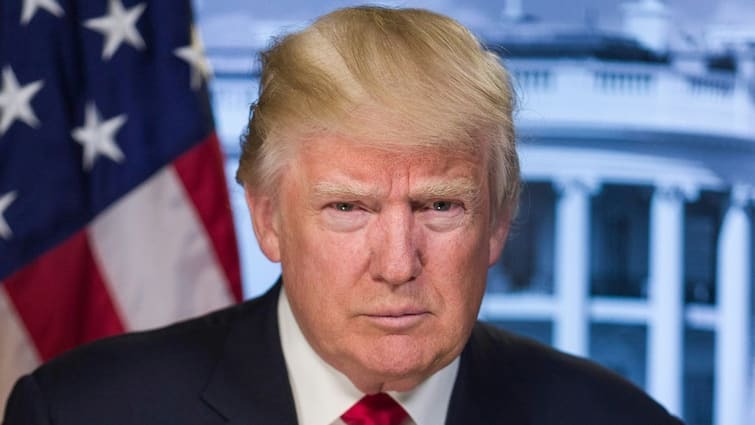
U.S. President Donald Trump announced on Friday that the next wave of tariffs will target the automobile industry, as part of his ongoing efforts to push companies to shift production to the U.S..
Speaking from the Oval Office while signing an executive order on energy policy, Trump revealed that the tariffs will come into effect around April 2.
"We are going to do that on around April 2," Trump stated, as reported by Bloomberg.
This decision marks another significant move in the ongoing trade conflict, as Trump continues to fulfill his campaign promise of imposing high tariffs on foreign imports.
Impact of Auto Tariffs on Global Brands
The proposed tariffs will affect some of the biggest car manufacturers in South Korea, Germany, and Japan. Currently, imports account for nearly 50% of the U.S. auto market, making this a major industry shift.
According to Global Data, a market research firm:
80% of Volkswagen AG’s U.S. sales came from imported vehicles.
65% of Hyundai-Kia’s U.S. sales relied on imported models.
While Trump did not specify the exact tariff details, it remains unclear how they will affect vehicles built under the U.S.-Mexico-Canada Agreement (USMCA)—a trade deal that Trump renegotiated during his first term.
Concerns Over Supply Chain Disruptions and Rising Costs
Industry groups have warned that the new tariffs could:
Disrupt the global supply chain.
Increase vehicle prices for American consumers.
Affect jobs in the auto sector, particularly those tied to manufacturing and supply chains.
However, the exact tax rates and their structure are yet to be announced.
Trump’s Push for Reciprocal Tariffs
Trump’s auto tariff announcement follows his directive to the administration to develop plans for reciprocal tariffs on key trading partners.
What are Reciprocal Tariffs?
These would apply to countries that impose high import duties on U.S. goods—effectively matching their tariff rates with U.S. duties on their exports.
Trump indicated that reciprocal tariffs could be rolled out as early as April and will be separate from industry-specific tariffs on:
Automobiles
Pharmaceuticals
Semiconductors
Energy products
Previous Tariff Plans on Steel and Aluminum
Earlier this week, Trump also announced plans to impose a 25% duty on steel and aluminum imports, signaling a broader strategy to reduce foreign dependence and encourage domestic production.
As the U.S. trade policies continue to shift, businesses and global markets are closely watching how these new tariffs will shape international trade relations and the economy in the coming months.

 Share
Share



